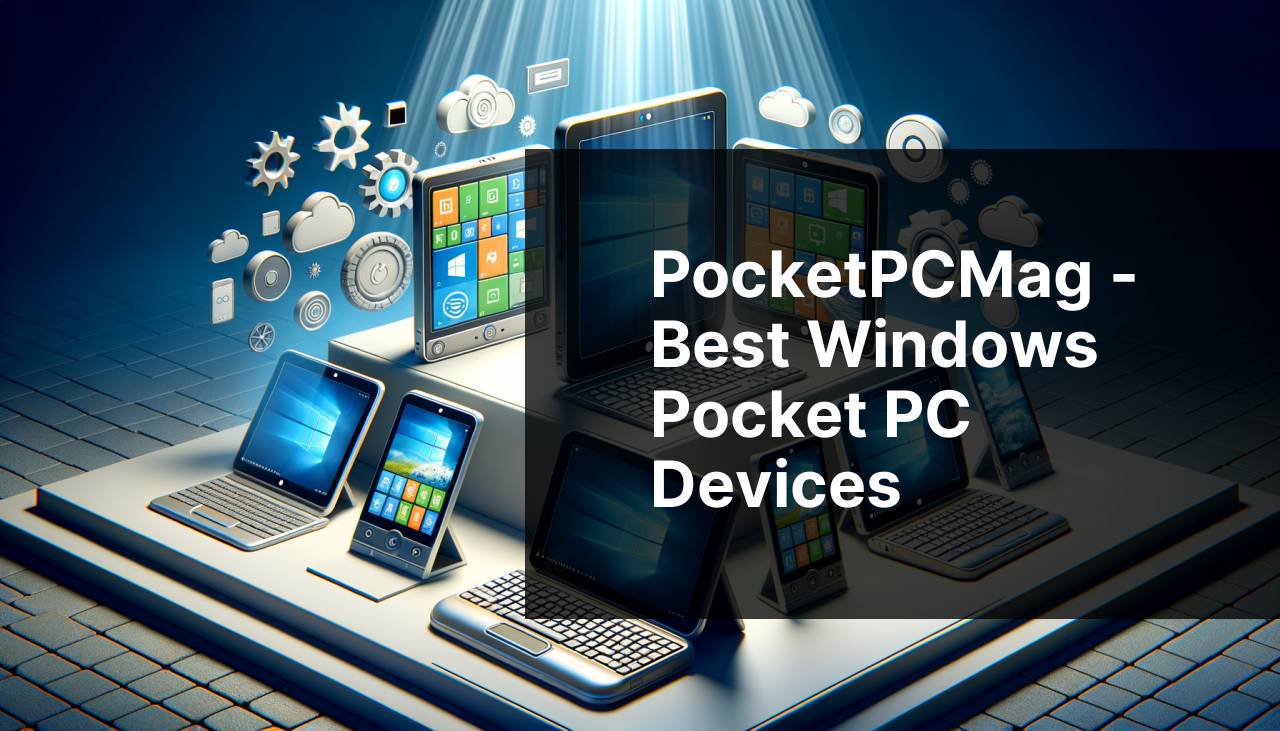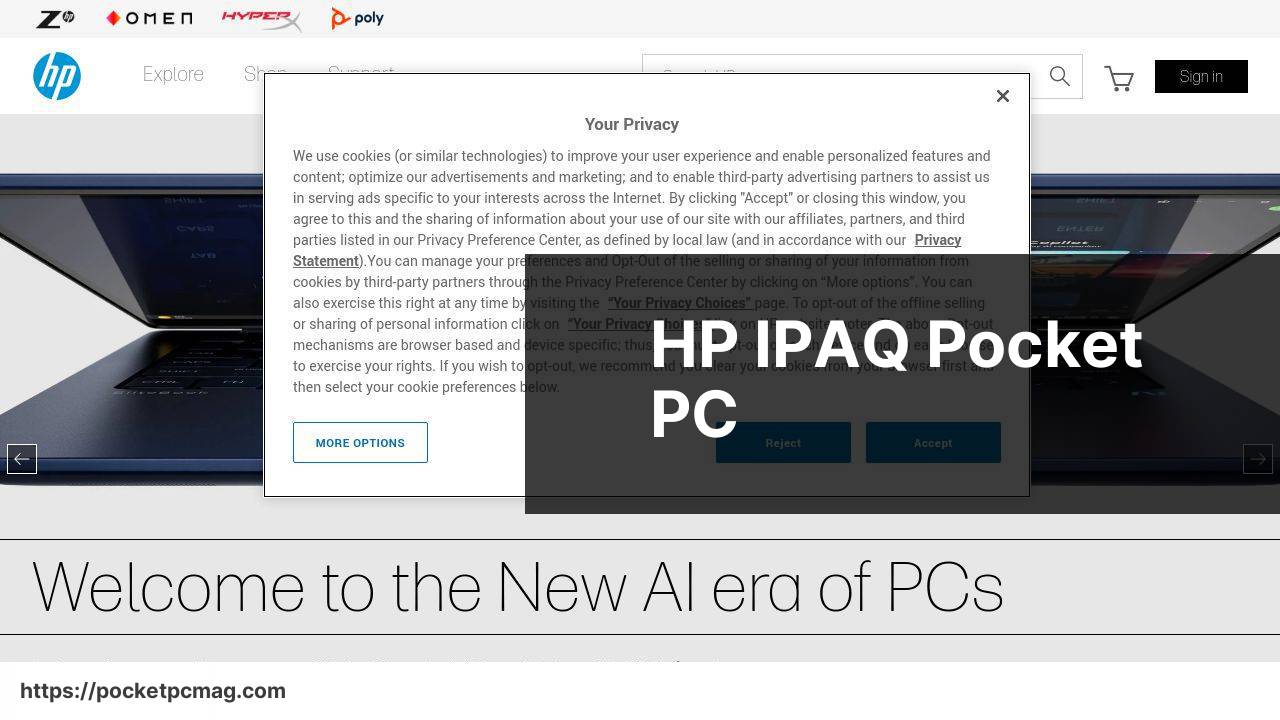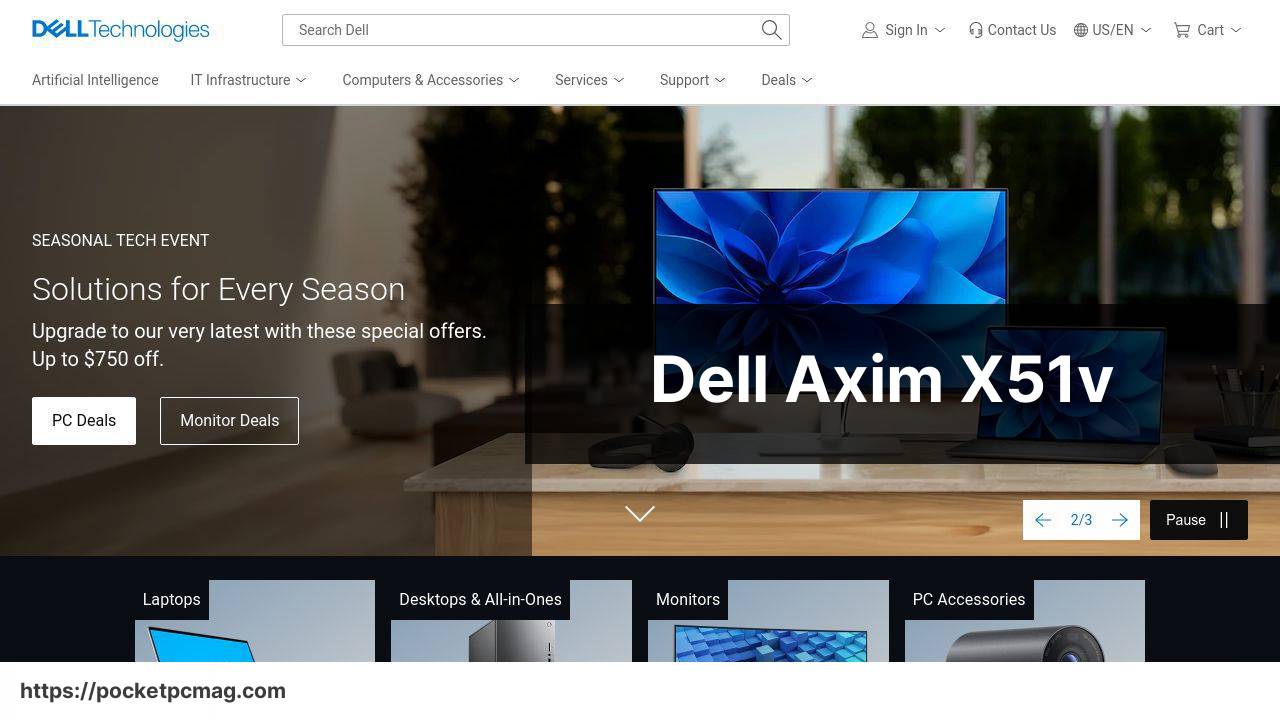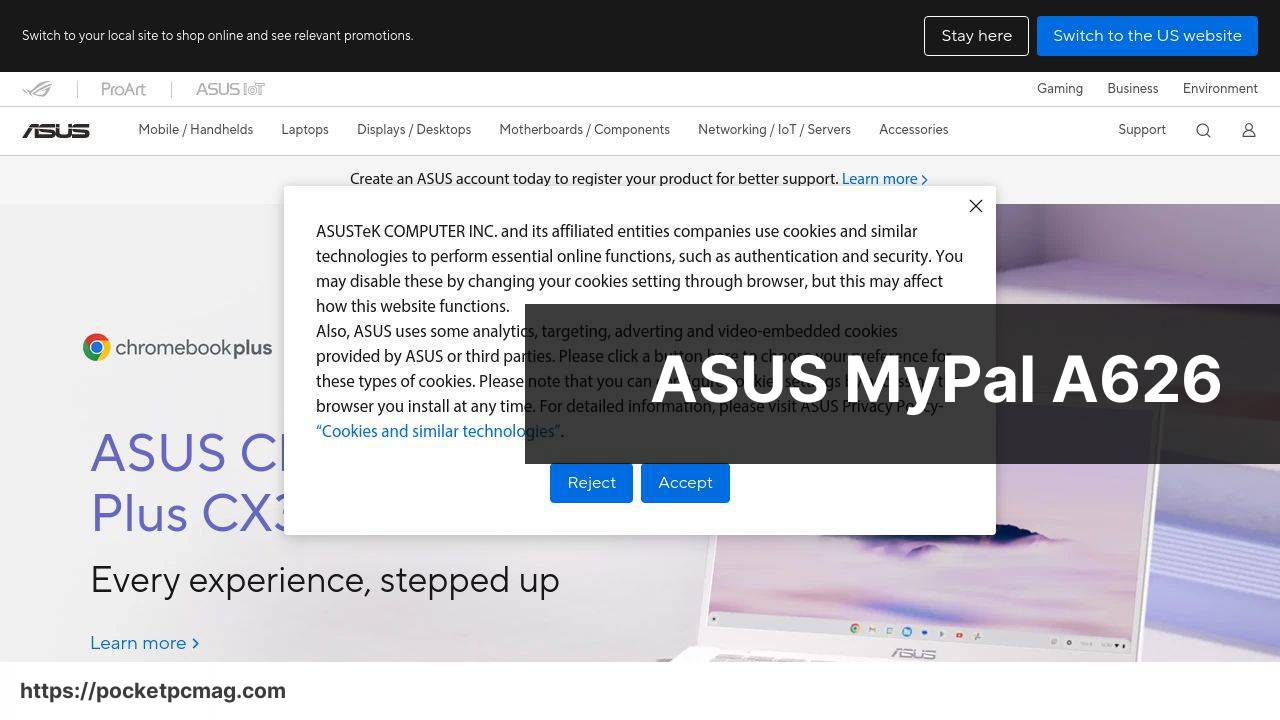PocketPCMag – Best Windows Pocket PC Devices

The world of handheld technology has seen a remarkable evolution over the years, and Windows Pocket PC devices are no exception. These handy gadgets have become an essential part of many users’ lives, offering a combination of portability, functionality, and connectivity all in one compact package. In this blog post, I’ll be sharing my own experiences with some of the best Windows Pocket PC devices out there. Whether you’re a businessman on the go, a tech enthusiast, or just someone looking for a versatile device, this guide will help you find the pocket PC that suits your needs.
HP iPAQ Pocket PC

The HP iPAQ Pocket PC has long been a staple in the professional realm, offering robust security features and reliable performance. This device is tailored for business users requiring seamless integration with their office ecosystems.
Pros
- Excellent synchronization with Microsoft services
- Integrated WiFi and Bluetooth
Cons
- Heavier than some competitors
- Somewhat dated design
Dell Axim X51v

The Dell Axim X51v is a powerful and versatile tool for tech enthusiasts. With its high-resolution screen and multimedia capabilities, it offers an excellent platform for gaming and video playback.
Pros
- Vibrant VGA display
- A potent processor for demanding applications
Cons
- Bulkier form factor
- Shorter battery life with intense use
ASUS MyPal A626

The ASUS MyPal A626 is a sleek and compact Windows Pocket PC that’s perfect for users seeking both aesthetics and performance. It balances a slim design with ample features, including WiFi and Bluetooth connectivity.
Pros
- Light and thin, easy to carry around
- Intuitive touch screen interface
Cons
- Limited on-board storage
- Accessories may be required for optimal use
Acer n300 Series

The Acer n300 series offers a remarkable combination of power and functionality, making it a solid choice for power users. With GPS capabilities, it’s also a great option for navigation and travel.
Pros
- Built-in GPS for on-the-go navigation
- Strong processor and memory
Cons
- GPS can drain the battery quickly
- Higher price point
HTC Touch Pro2

The HTC Touch Pro2 stands out with its focus on communication, featuring a full QWERTY keyboard and advanced connectivity options. It’s geared towards users who frequently type emails or documents.
Pros
- Slide-out QWERTY keyboard for easy typing
- High-resolution display
Cons
- Hefty size compared to standard Pocket PCs
- Battery life could be better with heavy use
Conclusion:
Pocket PCs were a revelation when they hit the market, offering computer-like capabilities in a handheld form. They also became the precursor to the modern smartphone. Over time, Pocket PCs merged with phone technology to create devices like Windows Mobile phones, which catered to both business and personal usage.
Perhaps the most iconic aspect of Windows Pocket PCs was their use of styluses, which allowed for precise control over the user interface and were a unique characteristic of the device. As the smartphone evolved, the stylus became less common, with fingertip touch interfaces taking precedence.
Microsoft’s recent endeavors, like the Surface Duo, showcase the enduring legacy of the Pocket PC. While not a Pocket PC in the traditional sense, the Surface Duo is compact, dual-screened, and runs on Android, which is a nod to the flexibility and versatility of earlier Windows mobile devices.
Pocket PCs also had a significant impact on software development, with many legacy applications that were first built for these handhelds evolving into the apps we use today. Their influence extends to various sectors, particularly in data collection and logistics, where their descendants still perform vital tasks.
FAQ
What constitutes a Windows Pocket PC and how do they differ from modern smartphones?
A Windows Pocket PC is a handheld computer running Windows Mobile or a similar Windows-based operating system. They typically offer stylus input, PDA functionality, and run legacy Windows applications, unlike modern smartphones that rely on touch interfaces and newer apps.
Are there any current manufacturers producing new Windows Pocket PC devices?
Most manufacturers have shifted focus from Windows Pocket PCs to smartphones and tablets. However, specialized devices, often for industrial or enterprise use, are sometimes developed by companies like Honeywell or Zebra Technologies.
Can you suggest where to purchase Windows Pocket PC devices today?
While new devices are rare, online marketplaces like eBay or Amazon may have used or refurbished Windows Pocket PC devices. Occasionally, enterprise-focused retailers may stock newer models designed for specific industries.
How compatible are modern Windows Pocket PC devices with current Windows software applications?
Compatibility varies widely. Most Windows Pocket PC devices are designed to run Windows Mobile or CE, and may not be compatible with recent Windows applications designed for Windows 10 or 11.
What are the best Windows Pocket PC devices for those interested in retro computing?
Notable devices include the HP iPAQ series, Dell Axim, or older HTC models. They are favored for their build quality, software compatibility, and nostalgia among retro computing enthusiasts.
Is it possible to connect modern accessories, like Bluetooth headphones, to a Windows Pocket PC?
Some Windows Pocket PC devices support Bluetooth connections, but compatibility with modern accessories may be limited due to older Bluetooth standards and profiles used in these devices.
What are some of the unique features of Windows Pocket PC devices that are lost on current technology?
Unique features include handwriting recognition with a stylus, replaceable batteries, and the ability to run full versions of legacy Windows applications such as Pocket Office Suite.
Are security updates still provided for Windows Pocket PC operating systems?
Microsoft has discontinued official support for Windows Pocket PC operating systems, meaning security updates are no longer provided for these legacy devices.
How can one maximize the life and performance of a Windows Pocket PC?
To maximize performance, keep the OS and applications up-to-date as much as possible, minimize running background apps, and regularly manage and backup your data.
What development tools are available for creating applications for Windows Pocket PC devices?
Older versions of Microsoft Visual Studio support development for Windows Pocket PC. Enthusiasts often use these legacy tools to maintain or create new applications for the platform.
